Earlier, a question came in from my reader Lars, with whom I had already emailed weeks ago, because he needed a few tips to monitor his holiday home. He is currently concerned with the subject of smoke detectors and since he works with Apple devices, he wanted to know which fire detector models are homekit-compatible.
His question in a nutshell:
Hello, Jens! Covid-19 delayed everything a little, but I would like to tackle it now. Do you still have an idea for 3x smoke detectors that I can connect to the Apple Home Kit and monitor?
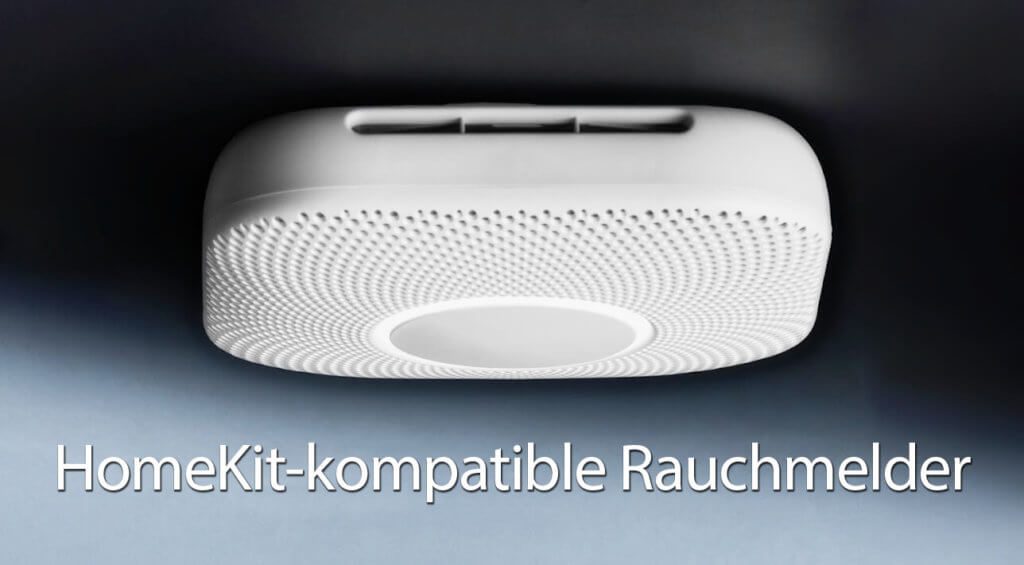
Chapter in this post:
Solution 1: Google Nest with Starling Home Hub
Yes, the Google Nest products are not inherently compatible with Apple HomeKit, but there is a simple and well-functioning solution to integrate all these Nest products into your HomeKit: the Starling Home Hub.
This small box virtually forms a bridge between HomeKit and Google Nest and so it is possible for Google Nest smoke detectors, surveillance cameras and other devices from the Nest family to appear in the Home app just like normal HomeKit devices.
The Starling Home Hub is available here and currently costs around 90 US dollars.
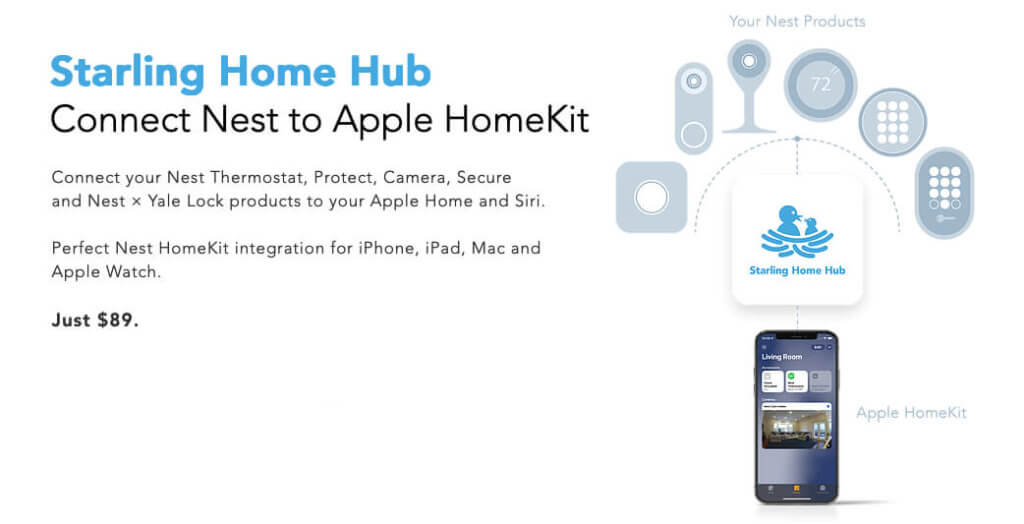
Why do I propose this route via a hub? Because I find the convenience and functionality of the Google Nest devices very pleasant. The Nest smoke alarms, for example, offer an automatic night light function, check themselves regularly for their function and offer interesting options when it comes to notification and coupling with one another.
This means that you are not immediately alerted to a possible fire with a deafening warning tone, but instead receive a warning in a human voice before the real alarm. This leaves enough time to temporarily mute the Nest smoke alarm if you just let your pizza burn.
Smoke detector with CO sensor and fire spectrum sensor
In addition, it is the only smoke detector that - as far as I know - also has a carbon monoxide sensor and can therefore warn of this gas. This is interesting for everyone who runs a wood-burning stove or a gas boiler.
The also built-in fire spectrum sensor is able to detect both open fires with smoke development and slow-burning smoldering fires. This combination of CO sensor and fire spectrum sensor makes it unique in the ranks of fire detectors.
Anyone who, like me, finds this option with Hub and Google Nest smoke alarms interesting, can at Amazon or Cyberport Get a pack of three of the Nest smoke alarms. Of course, you can also buy individual Nest smoke detectors there, but you usually need several.
- Sends notifications to your phone when you are not home.
Privacy and Google Nest Devices
A small note about Google: The company “lives” from creating user profiles and using them for its advertising. One can assume that somewhere in the terms of use of the Nest devices there will also be a nod that the data that the company can gain from this will also be used. This is a negative point that does not apply to the following two solutions, because they generate profits from the products themselves and not from the user data.
Solution 2: HomeKit compatible smoke alarms
Of course, you get the “simpler” solution, without an additional hub, if the smoke detectors themselves already talk to HomeKit. There are two models here that I would like to present. The order has been chosen deliberately and should definitely be understood as an evaluation. ;-)
Eve Smoke smoke alarm
Since I already have a number of Eve devices myself and find them quite good, I can do that Eve Smoke smoke alarms (right after the nest) recommend. Like the Google Nest smoke alarms, the Eve Smoke also have a self-test. The Eve devices not only react to smoke, but also detect smoldering fires through the heat sensors.
It should be noted with the Eve devices, however, that they work via Bluetooth and not via WLAN. For this reason, the range and the response time are slightly worse than with WLAN-based products. I have several Eve light switches and thermostats that work with bluetooth. With the thermostats, even with three floors in the half-timbered house, I had no connection problems. But both the thermostats and the smart sockets usually take a few seconds before they respond to a command. This delay means that many people avoid the Eve products.
If you have range problems, you can fix them with a special repeater from Eve, which goes by the product name "Eve Extend” is to arise.
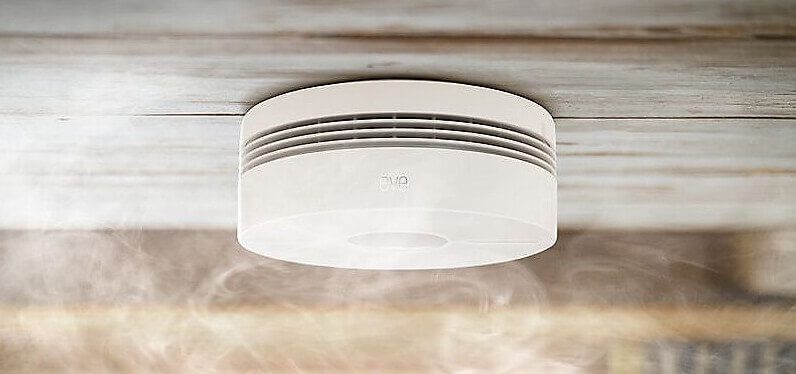
Advantage of the Eve Smoke: It can also be set so that only the heat sensor is evaluated. This means that it can also be used in the kitchen without causing false alarms for “smoky” dishes.
The Eve Smoke smoke alarms are currently not available on Amazon, but you can get them cheaply here at Gravis or here at Cyberport.
Netatmo smoke detector
Another candidate I'd like to throw in the ring is the smart WiFi-based smoke detector from Netatmo. Unfortunately, this “only” has one smoke sensor and is therefore less suitable for bathrooms and kitchens - this is also shown on the Netatmo page. However, it has a regular self-test and can also send notifications via HomeKit and inform the user about a possible fire.
The Netatmo smoke detector is either here at Amazon, at Cyberport or here at Gravis a DAK Bungalow.
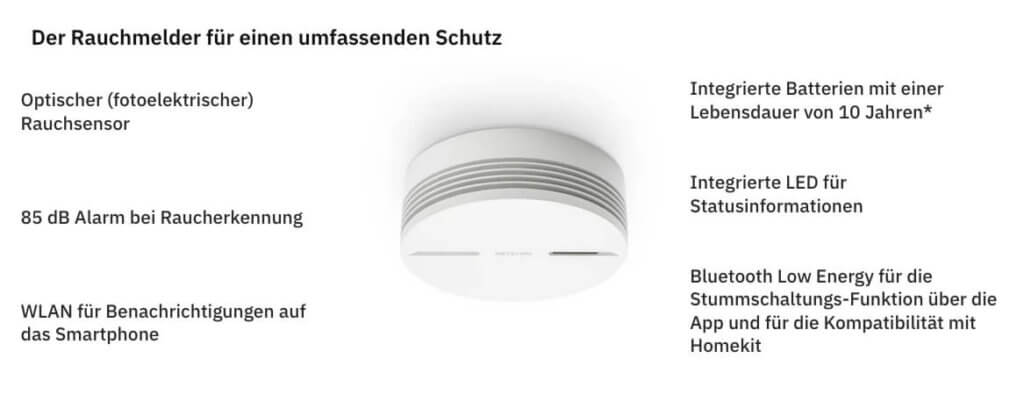
Conclusion: My choice would be Google Nest
Among the three products is definitely that Google Nest smoke alarm the most comfortable choice. On the one hand, it reliably detects smoldering fires and normally burning fire. On the other hand, its CO sensor also indicates the dangerous carbon monoxide. This makes it perhaps the safest smoke detector in our selection. Only the detour via the hub is a minor minus point here.
The Eve Smoke would be my second choice, as it has an additional heat sensor and can therefore detect smoldering fires. The possibility of using it even in smoky kitchens is another plus.
From my point of view, the rear brings up the rear Netatmo smoke detector. It fulfills all the basics, but that's about it.
Do you already use smart smoke alarms in your home? If so, which models do you use? I am happy about your input.
Related Articles
Jens has been running the blog since 2012. He acts as Sir Apfelot for his readers and helps them with technical problems. In his spare time he rides electric unicycles, takes photos (preferably with the iPhone, of course), climbs around in the Hessian mountains or hikes with the family. His articles deal with Apple products, news from the world of drones or solutions to current bugs.
The page contains affiliate links / images: Amazon.de

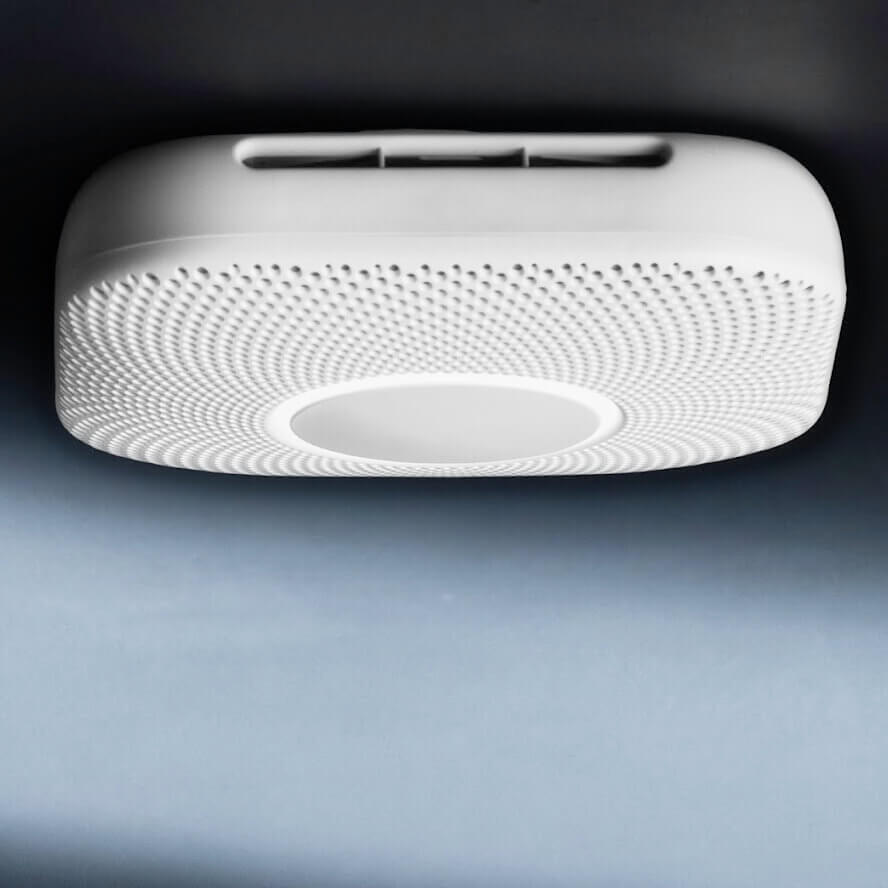
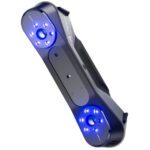
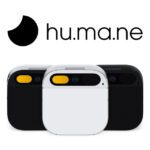




![[Update] Overview: Battery capacity (mAh & Wh) of the Apple iPad models](https://a391e752.rocketcdn.me/wp-content/uploads/2024/04/ipad-battery-capacity-mah-wh-150x150.jpg)

I also like to use Eve. Only when there is none of them do I use other devices. There is the Extend, so you can bridge larger distances very well.
Eve just doesn't share information with anyone. Would I like to give Google another insight into my life?
Hello wolf! Thanks for the two tips. These are of course valid arguments that I would like to add to the article above. : D
Not even building pains on Google - surely there should be a little weighing up, or does that only happen when you have become a victim of data collection?
By the way, you are sometimes at the limit at parties. ;-)
Besides, even if Google were as privacy-friendly as Apple, I wouldn't use their SmartHome. Not since the last SmartHome, which ended with the metaphorically translated statement: “We're shutting down the project tomorrow, shutting down the servers, we don't care what you do with your stuff. e-waste. Bad luck."
That's the good thing about Apple's HomeKit: it runs on the iCloud, which I already have. If Apple switched off iCloud, at least 80% of their business would be gone!
What is the advantage of integrating the Nest Protect into HomeKit, so far I only have Apple and HomeKit devices and Nest protect is the only thing from Google which I control with the Nest app and would now know what the advantage is then So you can see it in HomeKit in the Home app, compared to the nest app, so I need arguments for myself why I’m spending 100€ for hub xd
The advantage is that you can switch off the smoke detectors, for example via Siri, if there is an alarm. But with smoke detectors, that would be the only benefit I could think of.